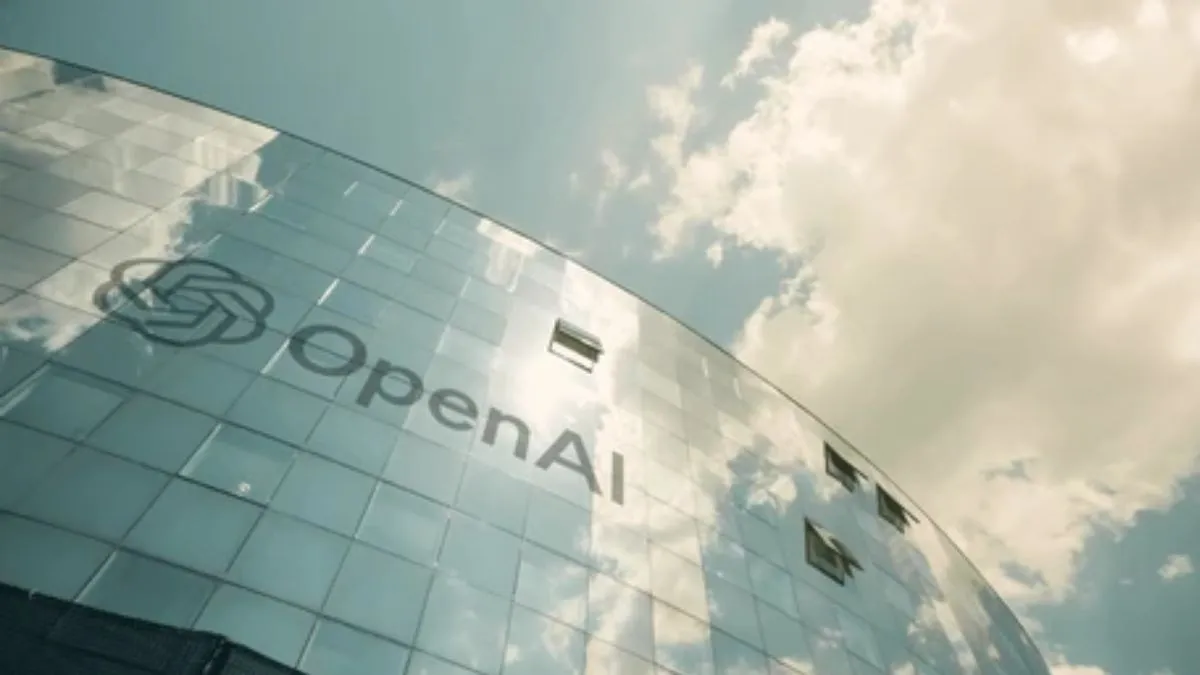San Francisco, United States — Artificial Intelligence (AI) is no longer a futuristic concept but a driving force behind global innovation. From software development and cloud platforms to sustainable infrastructure and space exploration, AI technologies are transforming industries at an unprecedented scale. According to Forbes, 2025 marks a milestone year where companies like OpenAI, Databricks, and Anthropic stand at the forefront of this revolution.
At the top of the list, OpenAI continues to dominate the AI landscape. Founded in 2015, the San Francisco–based company has pioneered generative AI through its flagship ChatGPT and GPT models. With a staggering $63.92 billion in funding, OpenAI combines research on AI safety with enterprise-grade solutions that empower businesses, developers, and consumers globally.
Second on the list is Databricks, established in 2013 and backed by $19 billion in funding. Known for its “Lakehouse” architecture, Databricks unifies big data processing, machine learning, and analytics, enabling enterprises to deploy AI at scale. Its integrated approach has made it a cornerstone of corporate AI adoption.
Anthropic, founded in 2020 by former OpenAI researchers, ranks third with $17 billion in funding. The company is best known for its chatbot Claude, a rival to ChatGPT, designed with an emphasis on ethical alignment and safety. Anthropic’s focus on transparency and interpretability positions it as a leader in responsible AI development.
Elon Musk’s xAI enters the list at number four with $12.13 billion in funding. Established in 2023, xAI seeks to build Artificial General Intelligence (AGI) aligned with human values. Closely integrated with X (formerly Twitter), the company’s conversational models target real-time applications with a strong global user base.
Beyond model development, infrastructure players like Crusoe and Scale AI highlight the ecosystem’s diversity. Crusoe specializes in sustainable computing by converting flared natural gas into energy for data centers, while Scale AI focuses on data labeling and infrastructure essential for AI training. Both firms secured $1.6 billion in funding.
The list also underscores AI’s global reach. France’s Mistral AI raised $1.1 billion to develop open-weight large language models, while Canada’s Cohere attracted $1 billion to support enterprise AI adoption. Other notable names include SambaNova, a U.S.-based AI hardware and software company, and Perplexity AI, which is reshaping search with AI-driven answers.
These ten companies collectively represent the diverse directions AI is taking—spanning advanced research, enterprise platforms, energy-conscious infrastructure, and real-time applications. Their growth reflects not just financial success but also the increasing integration of AI into daily life and strategic industries worldwide.
As AI funding accelerates and global adoption expands, the trajectory set by these firms will shape not only the future of technology but also the economic and ethical frameworks guiding its use. The competition and collaboration among these leaders will define the next chapter of AI’s role in global development.









